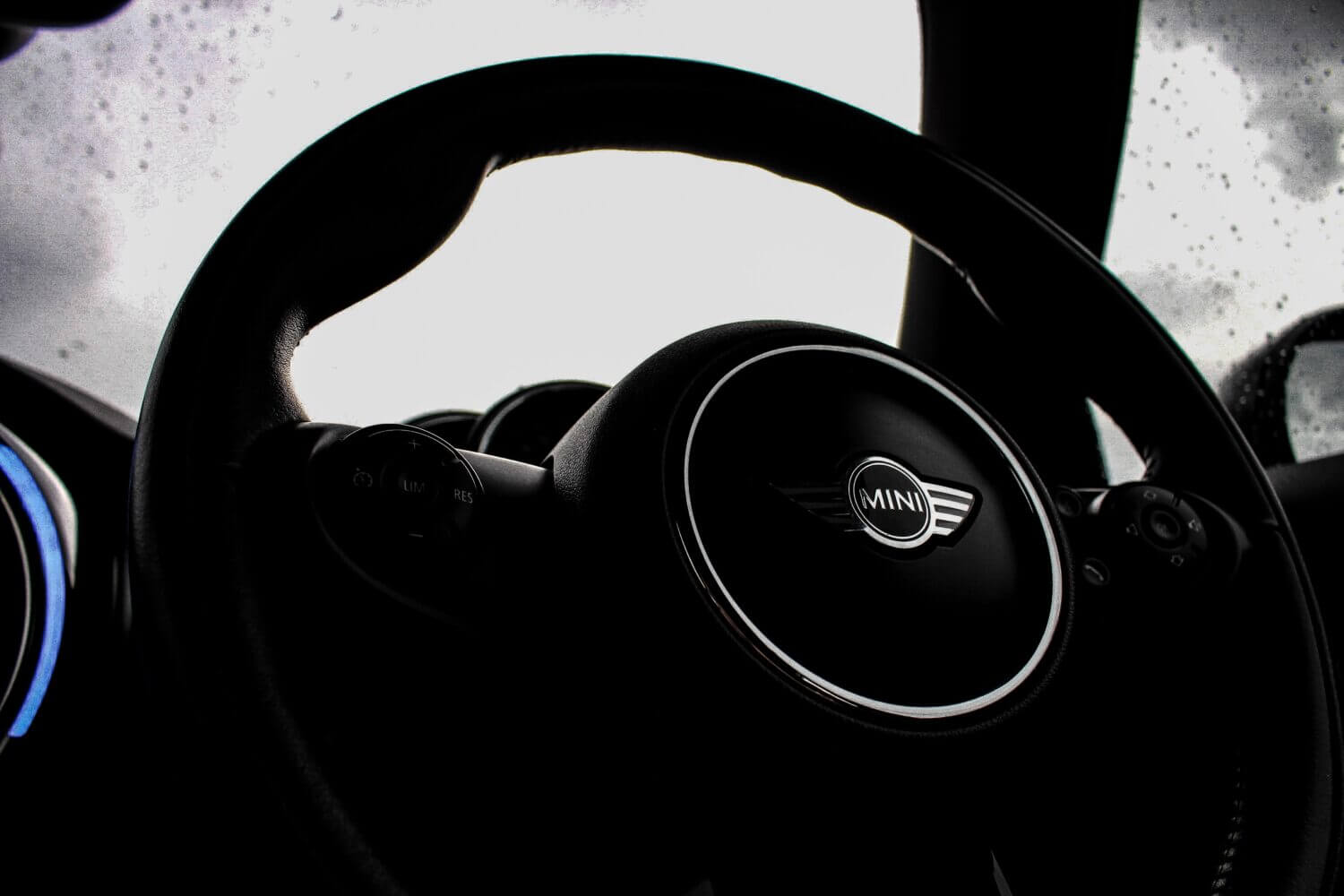Why can’t I get reimbursed for my Mini Cooper’s corroded footwell module?
The automaker, BMW Canada, does not participate in the industry’s arbitration program, but there are steps the car owner can take.
Advertisement
The automaker, BMW Canada, does not participate in the industry’s arbitration program, but there are steps the car owner can take.

Share this article Share on Facebook Share on Twitter Share on Linkedin Share on Reddit Share on Email
I had the exact same issue with our 2011 mini and this is a known issue in Canada – it is due to the salt we use and its build up over years on the modules which are placed wrong in space that collects salt and water. This is a design issue that BMW/Mini is refusing to admit to. In other words these cars should not have been sold in Canada or other nations where salt is used on roads because the modules will all keep failing – additionally and more importantly the failures could cause fires so this is a safety issue. We have a 2011 mini that is worthless but has a 10k used car value. I wrote (emailed) Mini Canada and they refused to do anything at all so we’re now stuck with a car we can’t drive or sell due to these safety/design concerns. I will never buy another BMW/Mini product again and we loved our Mini before this happened. In fact we have a 2018 Mini we’ll be selling soon now that I know this is still a problem. We were delighted customers before this situation but BMW/Mini’s refusal to offer our a fair buy out of our car for a design fault they created as makers of cars is really unacceptable customer service. In fact if BMW/Mini Canada doesn’t start making good on these claims it won’t be long before some smart lawyer starts a class action lawsuit given the facts and history. You would think BMW/Mini would be more proactive but sadly they aren’t so we’ll see where this leads. Our car has been parked since last Jan – its completely useless to us and it will stay that way until its either fixed by BMW/Mini including repositioning of the modules or we’re asked to join a class action lawsuit. Any lawyers out there interested?
Correction on year of our mini – its a 2013 VIN WMWSU3C5X… The recall campaign we completed was No. 2018-544:footwell module – key wording on the recall from Mini Canada … “due to Canadian market climatic factors, a combination of significant road salt use and contributing parameters, like type and composition of road salt, in conjunction with moisture, could come in connect with the FRM3 circuit board. The FRM3 circuit board could become contaminated and corrode, which could lead to an electrical short circuit” end of quote from notice. So as a person with IBM level electronics expertise “short circuit” is not a safe state for a battery to be in. It created a very real and dangerous environment which is why I believe these cars should be recalled because the location of the modules and the Canadian conditions together mean these cars should not have been sold in Canada. I’m really confused why Mini and its parent corporation BMW won’t want to be proactive regarding this known design issue? It really makes no sense given the risks to drivers and loyal customers owning these cars.
Well just another letter from Mini dated April 2024 and yup they continue to insist the “fix” is related to the footwell control module?? Mine is fine – it was replaced and modified by Mini Durham June 17, 2019. I had to drive the car to Ajax from Picton and it took a whole day of waiting but I thought great its at least fixed now. The problem in my case has nothing to do with the footwell module!!!! I’ve sent mini specific details. My major failure – same issue water damage is now to the “fuse box module” – that module is on the passager side of the car. For some strange reason Mini customer service is “ignoring” this additional problem. In my case this is now why I can’t drive my car – I actually had a local mechanic try to fix it – they used relay units to bypass the water/salt damage. It now runs but the regulator doesn’t work properly so I don’t dare drive it. The placement of these modules and fuse box are the root cause “problem”!!! THese year cars should never have been sold in Canada so why doesn’t Mini’s parent company BMW just use some marketing money to “buy back” the affected cars? There can’t be many left in Canada and given BMW’s marketing budget this would be a win-win. The dealers would love BMW corporate for solving this and the brand – remember the brand – it would do wonders for the brand!!! I really think BMW and Mini at executive levels need to work with marketing to buy back the remaining cars. I haven’t been able to drive ours for over 2 years now and I’m hanging on because I want to see BMW do the right thing – the right thing for the customer!!! To check out the “fuse box” problems reported just google “2013 mini fuse box water damage” and have fun reading the links – this is a “known” issue being ignored by BMW and Mini executives hoping it will “go away” as customers just scrape these cars. That doesn’t seem fair and very customer focused given my experiences to date but I’m hopeful BMW/Mini Canada will do the right thing. If they do I will update this giving them credit or the update will be – gave up had to scrape the car and take the FMV lose rather than sell this unsafe car to another person.